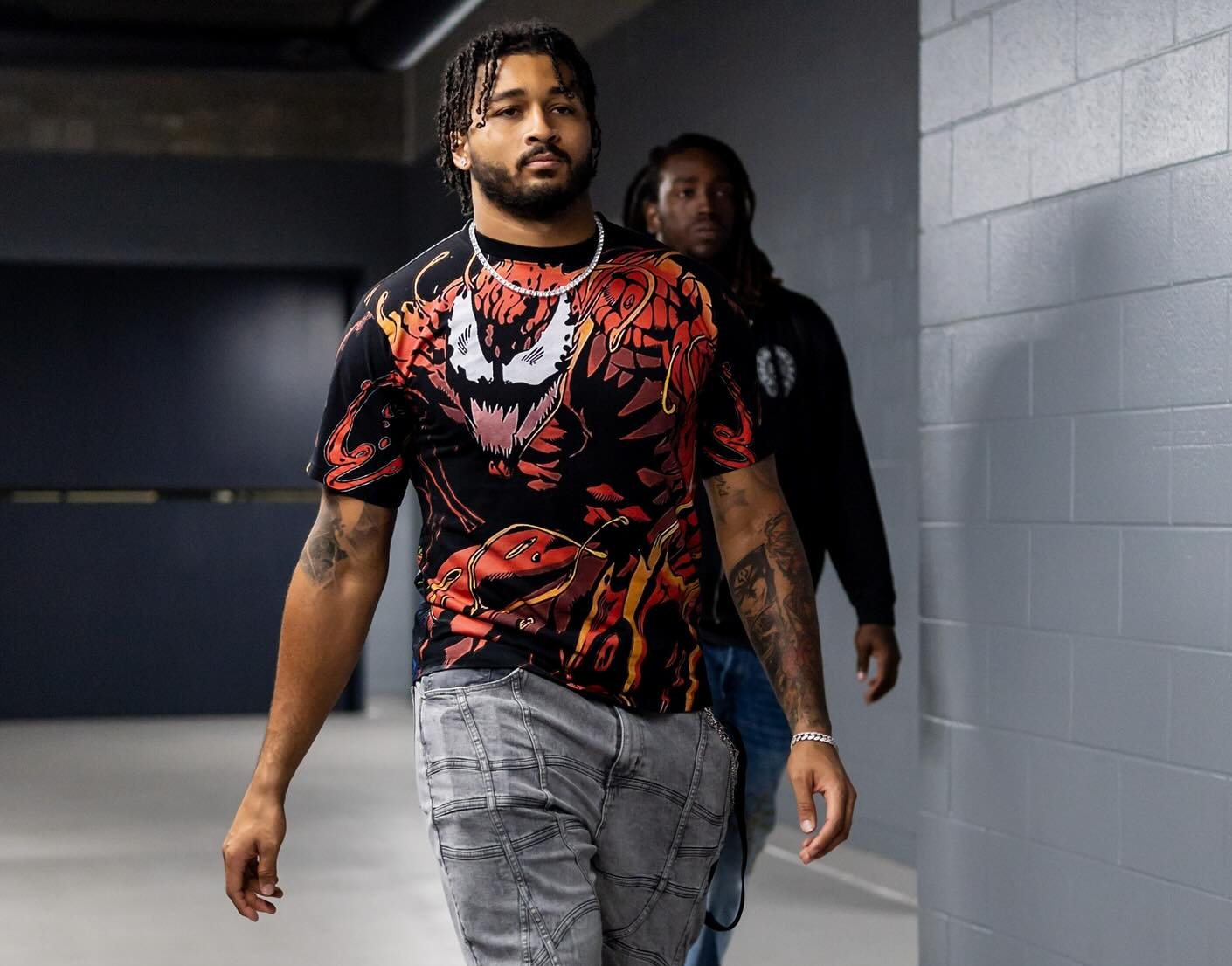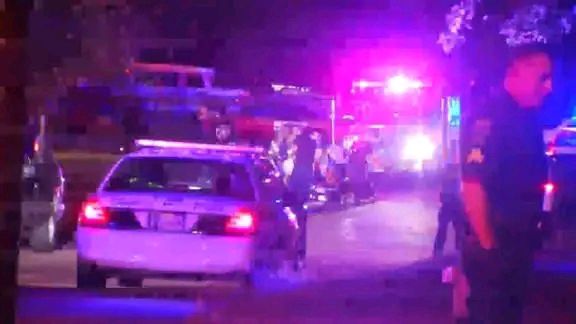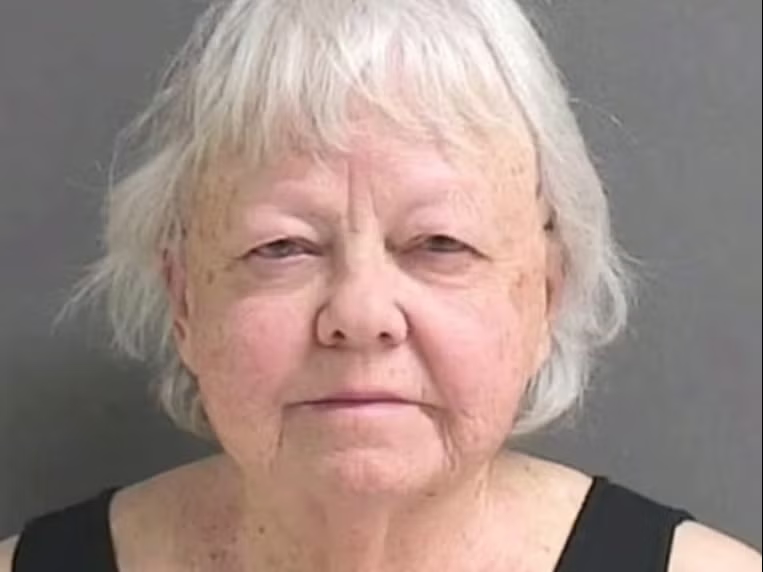Late Wednesday night, Marshawn Kneeland — the 24‑year‑old defensive end for the Dallas Cowboys — died from a self‑inflicted gunshot wound, following a police pursuit in Frisco, Texas. His promising career, fresh off its first NFL touchdown, ended in tragedy and left the football world stunned.
At around 10:33 p.m. on Wednesday, troopers from the Texas Department of Public Safety attempted to stop a vehicle for a traffic violation on the northbound lanes of the Dallas North Tollway near Keller Springs Blvd. The driver, identified as Kneeland, refused to stop, prompting a pursuit. The chase ended when officers lost sight of his vehicle, which was later found abandoned after a crash on the southbound lanes of Dallas Parkway near Warren Parkway.


After the vehicle crash, Kneeland fled on foot. During the ensuing search, authorities received information indicating he had expressed suicidal ideations. Approximately three hours later — at about 1:31 a.m. on Thursday — officers located Kneeland dead of a self‑inflicted gunshot wound in the area of the crash site. The Collin County Medical Examiner’s Office will determine the official cause of death.
Just days earlier, Kneeland had celebrated a milestone: recovering a blocked punt in the end zone for his first NFL touchdown during Monday Night Football against the Arizona Cardinals, a moment that seemed to signal his arrival. He was a second‑round pick out of Western Michigan University in the 2024 NFL Draft and had shown flashes of on‑field promise, despite facing injuries and personal hardship, including the unexpected passing of his mother just before the draft.
In an emotional statement, the Cowboys described Kneeland as a “beloved teammate and member of our organization” and extended thoughts and prayers to his girlfriend, Catalina, and his family. His agent, Jonathan Perzley, called his death “a pain I can hardly put into words” and remembered him as someone who poured his heart into every snap, practice and moment on the field.
Friends, teammates and coaches remember Kneeland not just for his size and athleticism, but for his spirit. At 6′3″ and 268 pounds, he carried the physical tools of a defensive end, but off the field he was “the gentle giant” — quiet, determined, humble. At Western Michigan, he amassed 57 tackles, 7.5 tackles for loss and 4.5 sacks his final year, and carried his mother’s ashes in a necklace as a tribute to her while pursuing his NFL dream.
His sudden death jolts not only the Cowboys organization, but the broader NFL community. Mental‑health resources were immediately highlighted, including the national Lifeline at 988 and crisis services in Texas. This tragedy underscores how mental‐health struggles can touch even those whose lives appear on the surface to be full of achievement and fulfilment.
As the Cowboys and NFL mourn Kneeland’s loss, many are left grappling with questions: Was there more help that could have been offered? Could signs of distress have been caught earlier? For now, his family has asked for privacy as they remember “a devoted son, brother, uncle, cousin, nephew, grandson and friend… kind, determined, humble, and full of love.” His light, they say, shone brightly — and it will live on in the hearts of everyone he touched.
In the quiet that follows, the field he once chased glory on will bear his number but never his presence. The NFL world lost a young man in mid‑trajectory. And the reminder remains: success in the spotlight does not always mean peace behind the scenes.



